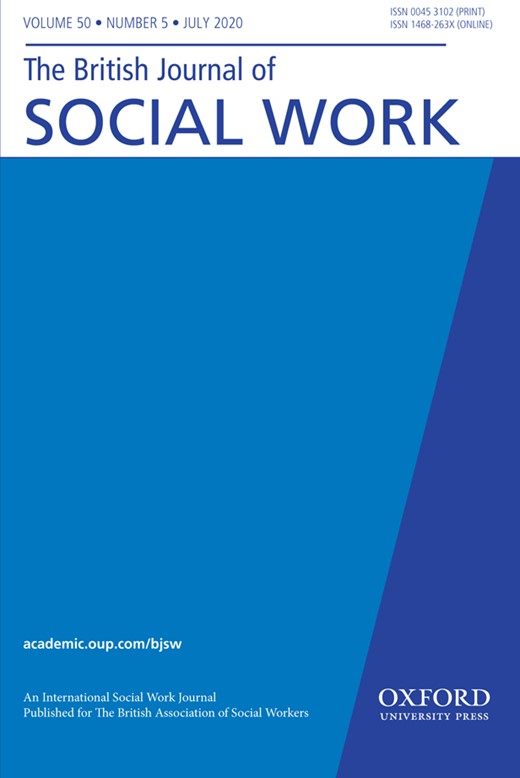-
Views
-
Cite
Cite
Kenneth Burns, Alastair Christie, Siobhan O’Sullivan, Findings From a Longitudinal Qualitative Study of Child Protection Social Workers’ Retention: Job Embeddedness, Professional Confidence and Staying Narratives, The British Journal of Social Work, Volume 50, Issue 5, July 2020, Pages 1363–1381, https://doi.org/10.1093/bjsw/bcz083
Close - Share Icon Share
Abstract
The retention of social workers in child protection and welfare is an ongoing concern in many countries. While our knowledge based on the turnover of child protection and welfare social workers is growing, much less is known about ‘stayers’—those who undertake this work for over 10+ years. This article draws on the data gathered over a decade in Ireland on these social workers. The article addresses three questions: (i) What can we learn from social workers with 10+ years’ experience of child protection and welfare about their retention? (ii) Does job embeddedness theory help explain their choices to stay? (iii) Does the ‘career preference typology’ (Burns, 2011. British Journal of Social Work, 41(3), pp. 520–38) helps to explain social workers’ retention? The main findings are that if you can retain social workers beyond the 5-year point, their retention narrative intensifies, their embeddedness in the organisation and community strengthens and they have a stronger sense of professional confidence as they move out of the early professional stage. A surprising finding of this study was that nearly all of the social workers in this study had a staying narrative that changed little between their interviews a decade apart.




